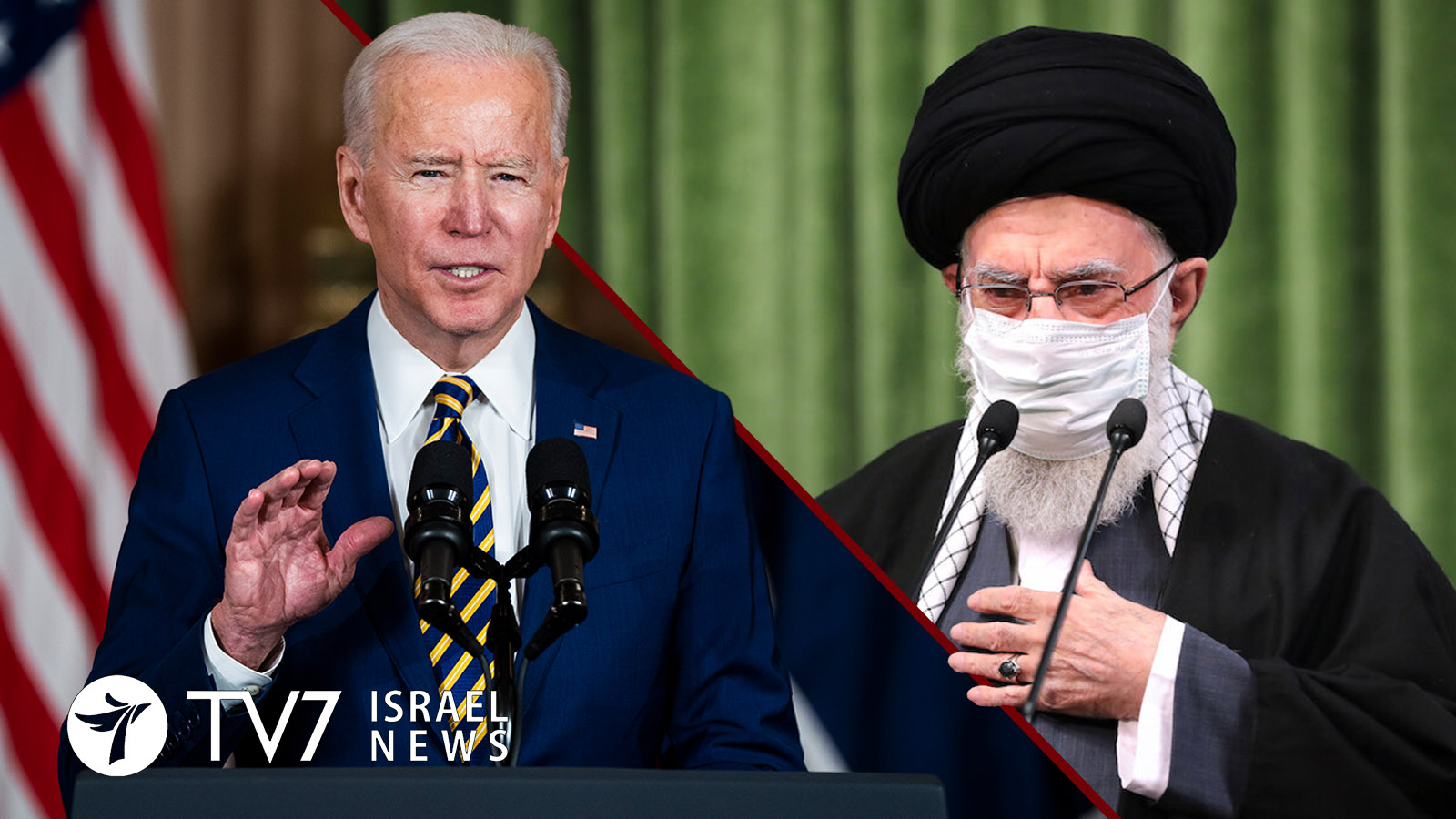The United States has rejected Iran’s ultimatum to lift sanctions as the first move to rejoining the 2015 Joint Comprehensive Plan of Action nuclear deal.
“No,” declared US President Joe Biden unequivocally when asked if Washington will remove punitive economic measures as a means to draw Tehran back to negotiations, heard in a video released by CBS News. He then visually nodded when questioned whether the Islamic Republic must also stop enriching uranium first.
Iran has openly breached the 3.67% limit to enrich uranium set by the deal after the administration of former US President Donald Trump withdrew from the accord in 2018; currently to a 20% level.
“They have to stop enriching beyond the limits of the JCPOA,” a senior Biden administration official clarified after the President’s remarks, underscoring that, “There is nothing changed in the U.S. position. The United States wants Iran to come back into (compliance with) its JCPOA commitments and if does, the United States will do the same.”
Iranian Supreme Leader Ayatollah Ali Khamenei demanded that the US must first lift all sanctions for his country to reverse nuclear development. “Iran has fulfilled its obligations under the 2015 nuclear deal, but the United States and three European countries have not,” Khamenei insisted in Tweet.
Moreover, Iran has recently threatened to further increase nuclear activity in breach of the JCPOA in further attempts to ratchet up pressure on the new Biden administration.
US Secretary of State Anthony Blinken told NBC last week that he believes that continued Iranian violation of JCPOA restrictions indicates it could be weeks – rather than months – until the Islamic Republic is able to stockpile material necessary to produce an atomic weapon. The top American diplomat also said Washington would be willing to return to the nuclear deal and ease sanctions only after Tehran complies with its terms.
The Wall Street Journal is reporting that analysis of samples gathered by the International Atomic Energy Agency (IAEA) last fall from two sites in Iran show traces of radioactive material. US officials cited by the paper stressed that this new evidence substantiates long-time suspicion that the Islamic Republic has in fact attempted to develop nuclear weapons, despite its repeated denials. IAEA inspectors were denied access to both sites for 7 months last year.
It is a relatively minor process to increase uranium enrichment from 20% to the 90% required to make atomic weapons. According to the Wall Street Journal, Iran has also taken steps to produce uranium metal, which is yet another essential component of nuclear bombs.
